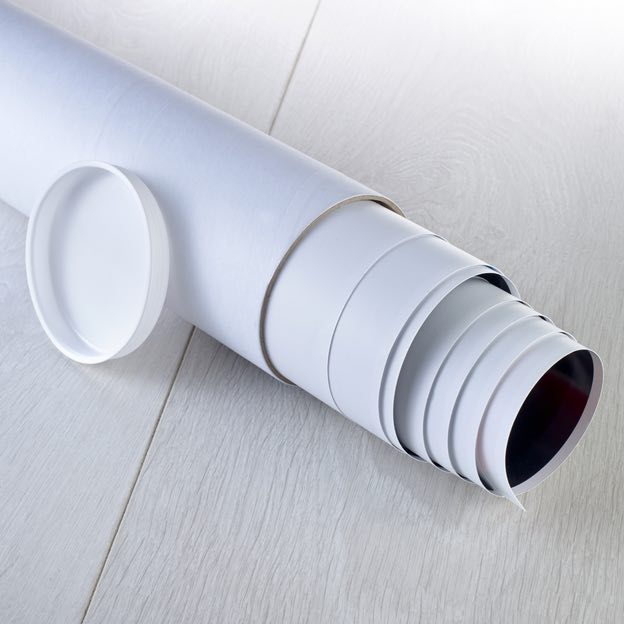
Replica of Marconi's first transmitter used in his early experiments in Italy, 1894
Image information
Sizing information
| Overall size (inc frame) | x cm ( x in) |
| Depth | cm (in) |
| Artwork | x cm ( x in) |
| Border (mount) |
cm
top/bottom
(in)
cm left/right (in) |
| The paper size of our wall art shipped from the US is sized to the nearest inch. | |

Our prints
We use a 200gsm fine art paper and premium branded inks to create the perfect reproduction.
Our expertise and use of high-quality materials means that our print colours are independently verified to last between 100 and 200 years.
Read more about our fine art prints.
Manufactured in the UK, the US and the EU
All products are created to order in our print factories around the globe, and we are the trusted printing partner of many high profile and respected art galleries and museums.
We are proud to have produced over 1 million prints for hundreds of thousands of customers.
Delivery & returns
We print everything to order so delivery times may vary but all unframed prints are despatched within 1–3 days.
Delivery to the UK, EU & US is free when you spend £75. Otherwise, delivery to the UK costs £5 for an unframed print of any size.
We will happily replace your order if everything isn’t 100% perfect.
Product images of Replica of Marconi's first transmitter used in his early experiments in Italy, 1894



Product details Replica of Marconi's first transmitter used in his early experiments in Italy, 1894
Replica of Marconi's first transmitter used in his early experiments in Italy, 1894
Replica of Marconi's first transmitter used in his early experiments in Italy, 1894. Guglielmo Marconi (1874-1937), an Italian physicist and inventor, sent the first radio signals across the Atlantic using a transmitter developed from this one. He later developed short-wave radio equipment, and established a worldwide radio telegraph network for the British government. In 1909 he was awarded the Nobel Prize for Physics. Acknowledgement to The Marconi Company Limited.
- Image ref: 1158298
- Oxford Science Archive / Heritage Images
Find related images
 zoom
zoom
















